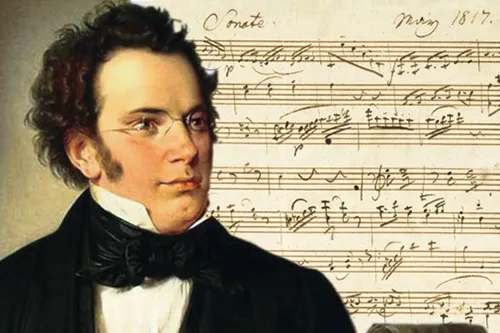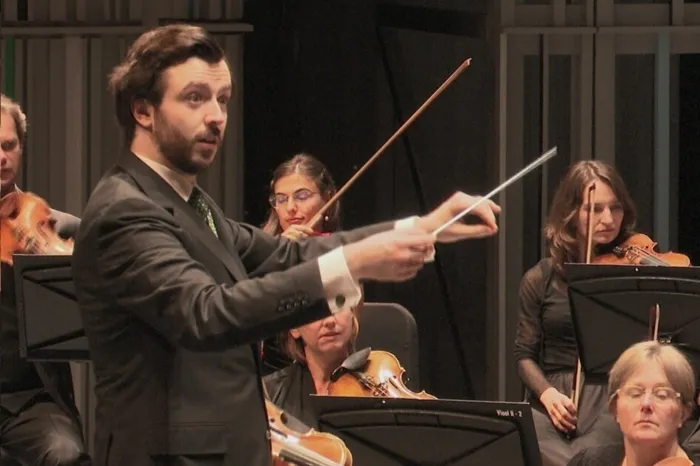
New research suggests that Franz Schubert's 'Unfinished' Symphony was not left incomplete by the composer himself before his death at the age of 31 in 1828. Instead, a leading musicologist, Lorraine Bodley, argues that the missing pages of the symphony may have been destroyed by an assistant with whom Schubert had a falling out. Symphony No. 8, known as the 'Unfinished' Symphony, is famous for being an incomplete piece of musical work, with only the first two movements and some fragments surviving.
The reason behind Schubert's failure to finish the symphony has long been a mystery, and various attempts have been made by other composers to complete or adapt it. However, Bodley contends that the surviving manuscript is actually a fair copy, as evidenced by a cover sheet bearing the city and date of composition (Vienna, 30 October 1822), as well as Schubert's signature. According to her analysis, Schubert only produced title pages for completed works, suggesting that what we have is not an unfinished symphony, but rather a fair copy that was once complete but had its last two movements separated and lost.
In her forthcoming biography titled "Schubert: A Musical Wayfarer," Bodley provides extensive evidence indicating that the manuscript came to harm while in the possession of Schubert's former secretary, Josef Hüttenbrenner, and his composer-brother, Anselm Hüttenbrenner, who behaved suspiciously. Schubert grew to despise Josef for his dishonesty and repugnant behavior, leading to the end of their professional relationship. When Josef sent bills for his services, Schubert, in poor health due to contracting syphilis and facing dire financial circumstances, seemingly handed over the Symphony No. 8 manuscript instead of payment. The Hüttenbrenner brothers kept the manuscript along with more than 100 other Schubert manuscripts they had obtained, and they also mutilated the autograph scores of two originally complete operas.
Bodley suggests that the possibility of Schubert's 'Unfinished' Symphony being once complete cannot be ruled out and attributes its mishandling to the Hüttenbrenners. Anselm's first mention of the symphony appears in a letter from 1842, where he assures Josef that he had burned the diary that contained references to Schubert over the course of 20 years. Bodley also accuses Josef of forging a letter claiming that Schubert had given the two completed movements of the symphony to Anselm in exchange for assistance in obtaining honorary membership in a music society. Although another individual facilitated that membership, Schubert's signature on the forged letter is an exact copy of the one found on the title page of the manuscript.
According to Bodley, 37 years after Schubert's death, the Hüttenbrenner brothers released the unfinished manuscript, and its premiere in 1865 caused a sensation due to both its extraordinary beauty and the scandal surrounding its hidden treasure. Bodley refers to Josef as a "villain" who never expressed remorse and only criticized his brother for not securing an assurance that his own music would receive more attention before handing over Schubert's symphony for its first performance. Bodley concludes that the Hüttenbrenner brothers' carelessness had serious consequences, resulting in a delayed premiere and impacting the symphony's influence on music history.



